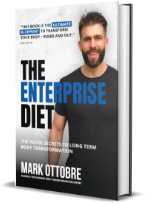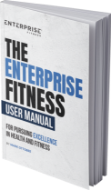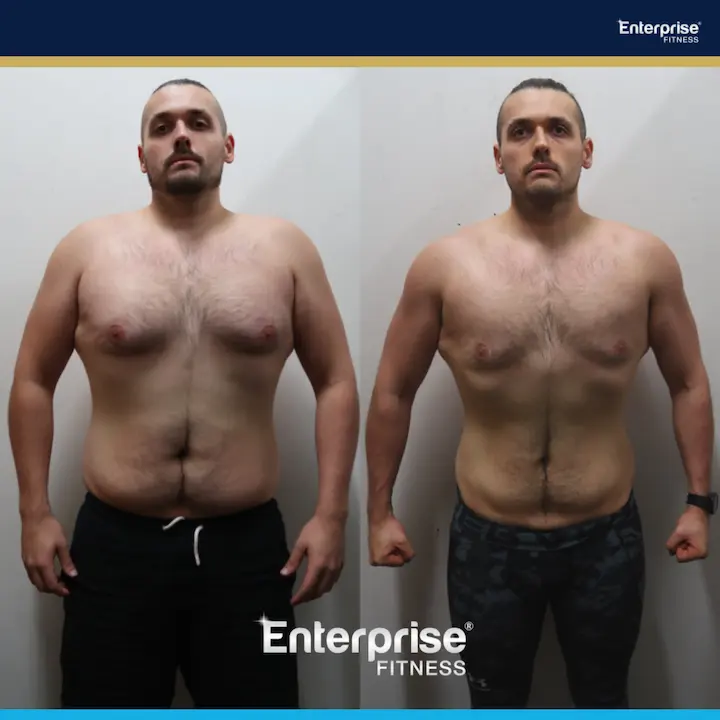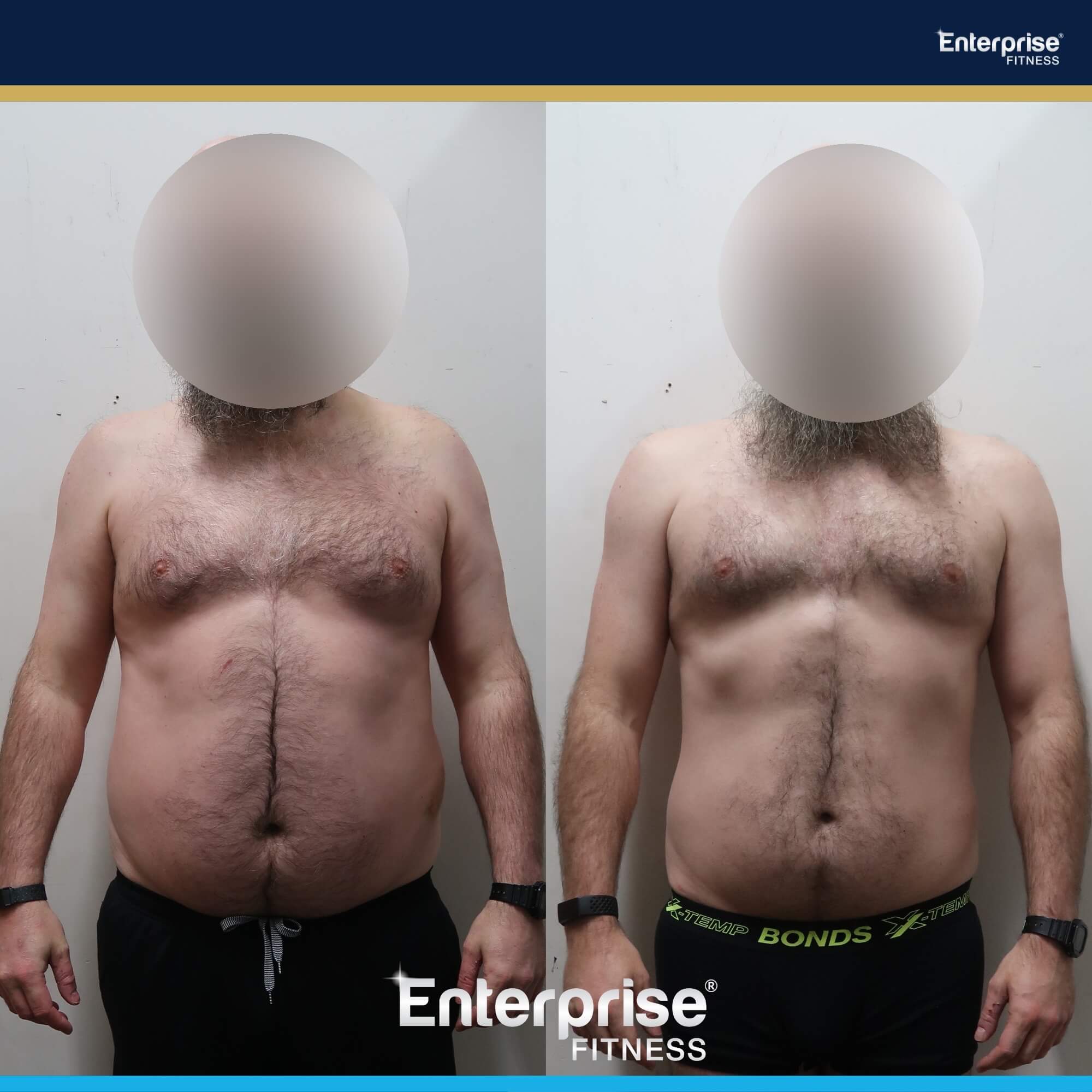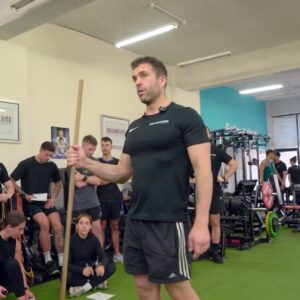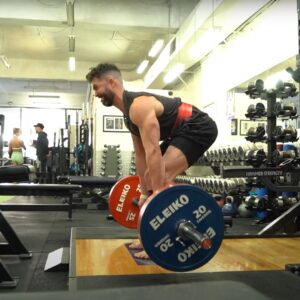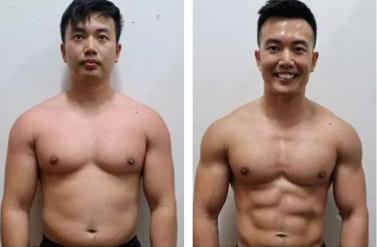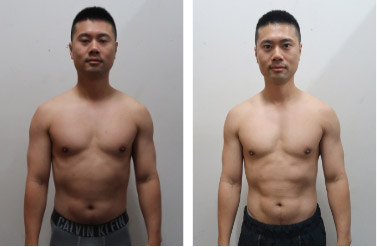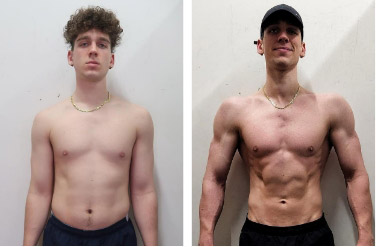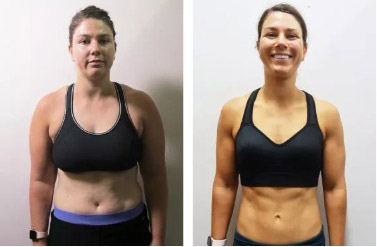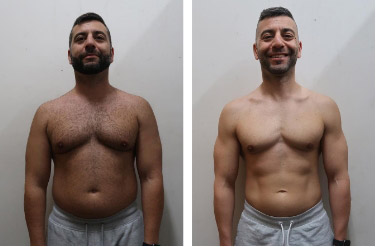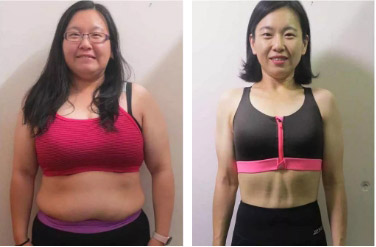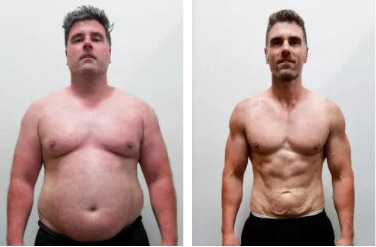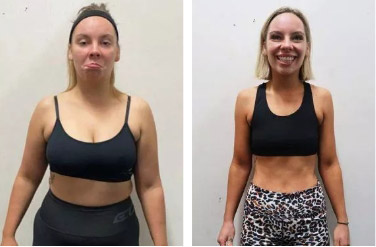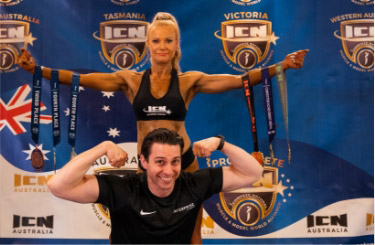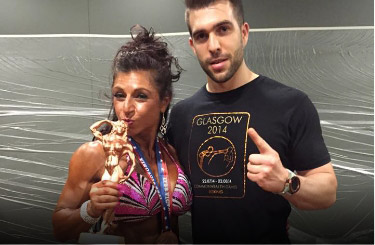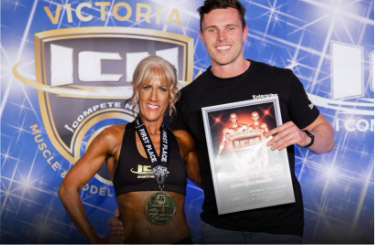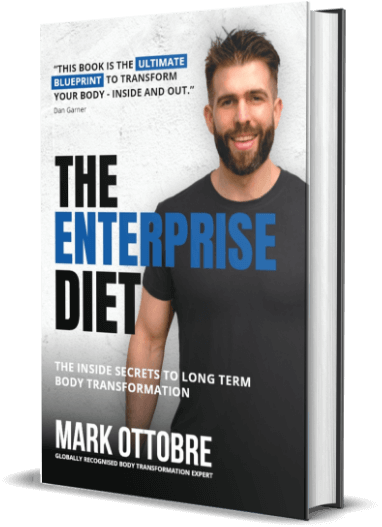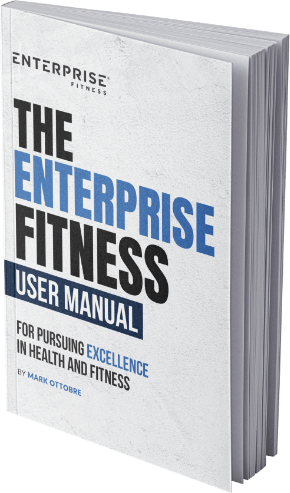Breakfast doesn’t ‘stoke’ the metabolism or simply regulate blood sugar. The truth is, if you eat junk for breakfast, you’ll feel sluggish for the rest of the day, and it won’t bring you any closer to optimal body composition. What you eat first thing in the morning sets up neurochemistry for the day. If you make poor choices when you wake up, there’s a high likelihood that you will keep making them throughout the day. On the other hand, good choices in the morning result in more of the same across mid-morning, lunch and dinner. Breakfast is the one meal you have complete control over. You can’t blame it on there being nothing else to eat or not having enough time. You can always wake up a little earlier or prep the night before. To learn more about “How to optimise your breakfast”
The trouble with modern breakfast options
Despite what commercials and nutritional dogmas tell you, skim milk and cereal don’t make a balanced breakfast. Breakfast ‘foods’ are nothing more than powerful advertising becoming part of the social narrative. As it turns out, the ‘should’ messaging comes from the companies selling us packaged breakfast propaganda, not what’s best for your health or body composition. Keep in mind that the war for your breakfast menu has been fought for 100 years by powerful multinational corporations.
Nutritionally void cereals and sugar-laden breakfast bars are excellent choices to elevate blood glucose, setting you up for coffee-o’clock after your blood sugar has crashed. Advertisers deserve creative accolades for convincing the public that cereal, skim milk, muffins and juice are almost exclusively breakfast foods. Really, they are just foods, and very poor choices at that. Unfortunately, these foods are reinforced by cultural norms. When all you knew as a child was cereal and milk for breakfast, you don’t question your choices as an adult.
There is no reason why breakfast needs to be limited to toast, cereal, oats, muffins, milk, eggs, bacon and juice. Sure, some of these foods may be in your breakfast. However, it’s time to wipe the breakfast slate clean and replace it with a new perspective.
What should I eat for breakfast?
Firstly, stop calling it ‘breakfast’. Let’s remove all connotations and associations with breakfast from this moment on. Let’s simply refer to it as Meal 1.
The term breakfast comes from the etymology of breaking a fast (break-fast). As your first meal of the day, and the one that is breaking the fast from hours of hibernation, you should eat something highly nutritious that doesn’t dysregulate blood glucose. This means your breakfast should be powered by protein and fat, with carbohydrate intake that is dependent on activity level. For example, if you are training early in the morning, the first meal you consume will be different in carbohydrate content from if you were training late in the evening. While nutrient timing isn’t everything, it should be observed as it can affect your performance in the gym, your recovery (in the short term) and your body composition (in the long term).
The food choices for your first meal should be the same as your other meals. Choose foods that are hunted, fished, farmed, gathered and plucked.
Meal 1 should set you up for the day. The last thing you want to do is elevate your blood glucose in an unwarranted way because you will end up with an energy crash. To understand how to set up your first meal of the day and what foods to select, you need a general understanding of blood glucose and how it coexists with energy peaks and dips.
Approximately one teaspoon of glucose circulates in your bloodstream at rest. To give nominal data on blood glucose, optimal sits between 3.9 and 4.8 mmol/L. To note, this is a range many functional medical practitioners and naturopaths would consider optimal. Reference lab norms and averages sit between 4 and 7.8 mmol/L, according to Diabetes Australia (1). Blood glucose levels from 7.8 to 11.0 mmol/L (140 to 199 mg/dL) indicate prediabetes, and more than 11.1 mmol/L (200 mg/dL) indicate diabetes (2). I will talk about blood norms in a later chapter; however, right now, know that averages are based on a Homer Simpson level of health. There is a big difference between Homer Simpson’s blood work and someone who is striving for optimal.
What do these numbers mean? Let’s look at a practical example:
For your first meal of the day, you buy a wholemeal vegan apple-and-blueberry muffin(3) from the café on the way to work. Beneath the veil of wholemeal flour, vegan, blueberries and apples which are all ‘healthy’ –
you’ve just consumed 56 grams of carbohydrate, which breaks down to 25.1 grams of sugar, 15.2 grams of fat and only 8.2 grams of protein. That’s 398 calories with an almost non-existent micronutrient profile.
The companies that sell foods (or better put, food products) like this benefit from the Healthy Halo Effect, which is a psychological phenomenon. This is where one views a particular food product positively because of marketing. The product might say ‘low-fat’ or ‘vegan’. You generalise it to be nutritious when it contains nothing but empty calories.
But I’m not hungry first thing in the morning… (and late-night eating)
Changing Meal 1 habits is often met with resistance. People say, “But I’m not hungry first thing in the morning!”
I want to know:
1) What do you mean by ‘first thing’?
2) Why aren’t you hungry? There are always reasons.
‘First thing in the morning’ doesn’t mean chewing on glazed ribs as soon as you roll out of bed. A reasonable window to consume your first meal is two hours after waking. However, if you are trying to meet a calorie, protein or carbohydrate target, eating within one hour of rising allows you to space out your meals more evenly throughout the day.
After analysing thousands of diet journals, I found that a lack of hunger in the morning is usually due to three main factors: a habit of late-night eating, poor digestion or lack of physical activity. Research concurs with my experience as a trainer and coach.
Late-night snacking is a killer of dreams because it can negatively interfere with your sleep quality(7). Poor sleep has multiple flow-on effects which hinder your willpower, decision-making and hormone regulation. What’s worse, most cases of late-night eating are not carefully laid-out macro-specific meals containing protein and vegetables. Instead, evening snacks are mostly high in sugar, fat and salt — the nutrient-devoid, flavoursome foods that you like to soak your brain in after a long, hard day. These foods lead to dysregulated blood glucose during your sleep, which can cause you to wake up. It can also prevent you from staying asleep or reaching the rapid eye movement (REM) phase of deep sleep. REM is the restorative stage of sleep that renews your mental and physical health, a lack of which is associated with an increased risk of obesity and diabetes(8), as well as decreased reaction times and athletic performance(9).
Contrary to popular belief that they eat all day, sumo wrestlers consume the majority of their calories over lunch and dinner. Both these meals are followed by sleep. Obviously, the fact that they sleep after meals is not the only factor in their excessive weight gain; such an athlete must be in an extreme calorie surplus. However, it’s still worth noting that the fattest athletes on the planet skip the first meal of the day and eat right before going to bed as a means to becoming ginormously fat. I’m guessing if you’re reading this book with the intent to get in shape, a sumo body shape is the last thing you’d want.
From research, epidemiological and interventional studies suggest that skipping food in the morning and eating late-night dinners are associated with a greater risk of obesity(10), metabolic syndrome(11) (which includes insulin resistance) and cardiovascular disease (12). Psychologically, late-night eating is linked to anxiety comorbidities(13), distress and depression(14), especially among those who are obese. Research has also shown that skipping breakfast and late-night eating are directly associated with one another (15).
A study of 3,129 Japanese female workers showed that skipping an early meal and eating in an irregular way was strongly associated with poor sleep(16). Furthermore, the study showed an independent association between a low intake of vegetables and fish, a high intake of confectionery and a high carbohydrate diet with poor sleep quality. Translation: if your diet sucks, your sleep will suck. If your sleep sucks, you will be more likely to make bad choices. Those bad choices diminish sleep quality, which affects dietary choices and energy levels. You can stop the cycle by addressing sleep and diet simultaneously.
You can overcome late-night eating and get in shape with a psychological and physiological approach.
The four psychological signs to be aware of are:
- Boredom
- Fatigue/being tired
- Anger
- Loneliness
If you find yourself in one of these states, eating will not solve your problem. A technique to tackle this dilemma is to have constructive options ready. I recommend creating a list of go-to options and having the list in plain sight, like on your fridge or dinner table. Of course, you should brainstorm these options when you feel positive, calm and acting as the best version of you. Combine this with the previous chapter’s mindset tweaks and a proper diet (which will be outlined in subsequent chapters), and you’ll have yourself a solid plan.
The physiological signs are:
- Being hungry
- Not hitting macro goals
- Not hitting meals per day targets
- Purposely skipping meals to burn more fat
- Sudden increases in energy expenditure
- Sudden decreases in energy intake
- Being in a calorie deficit for too long
- Macronutrient deficiencies
- Micronutrient deficiencies
All of the above can be solved by having the right nutrition plan. This book will answer many of these questions for you as you go along.
Apart from not eating late at night and finding other ways to deal with emotional situations, a helpful habit to build an early morning appetite is to go for a walk when you get up. When clients ask me how long or what intensity this walk should be, my only specification is that you do it. It can be anywhere from 10 to 50 minutes and the pace is entirely up to you. The aim of this is to get you up, get blood circulating and help you develop an appetite for your first meal. It’s also a great way to clear your head and start your day.
